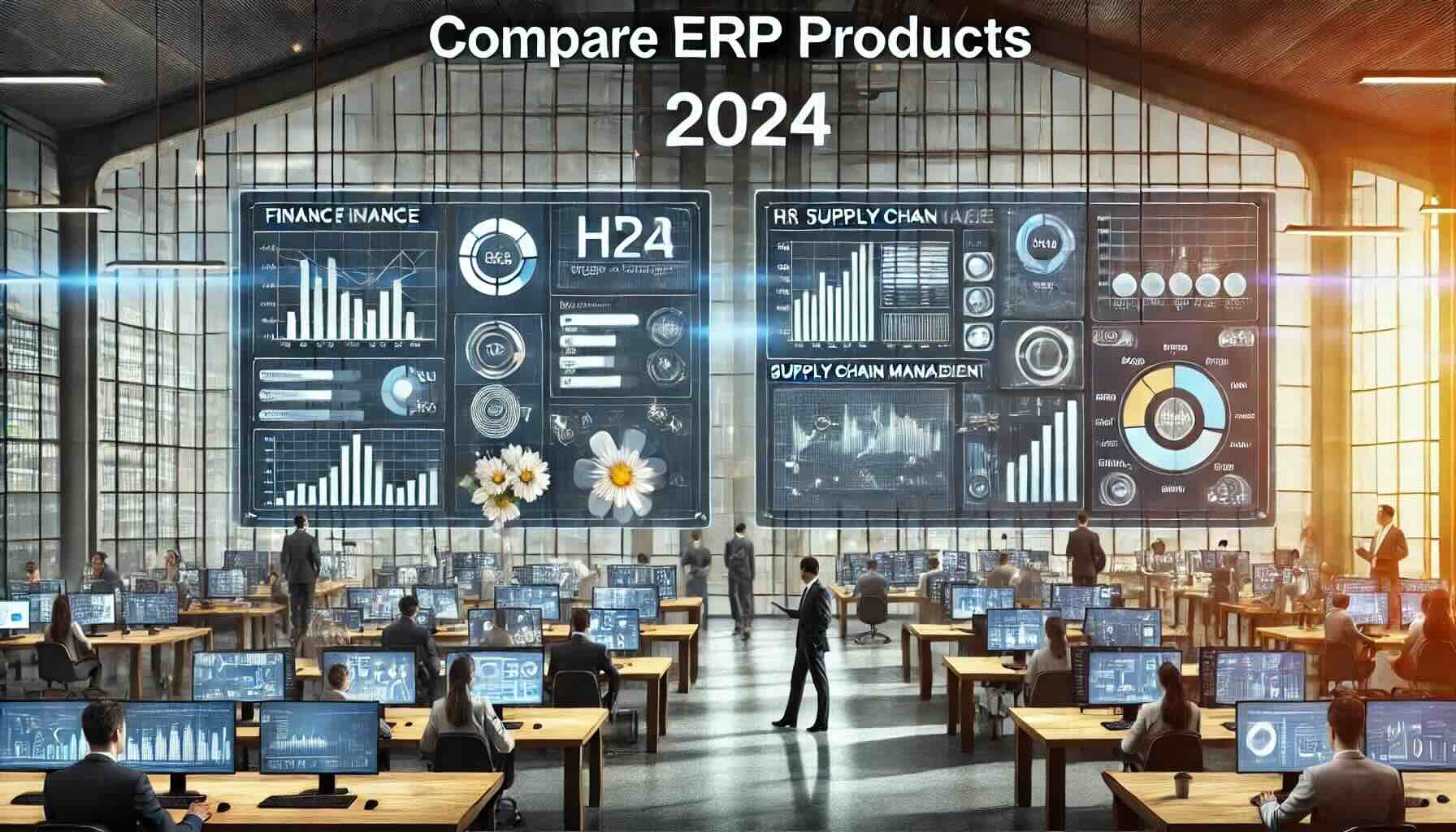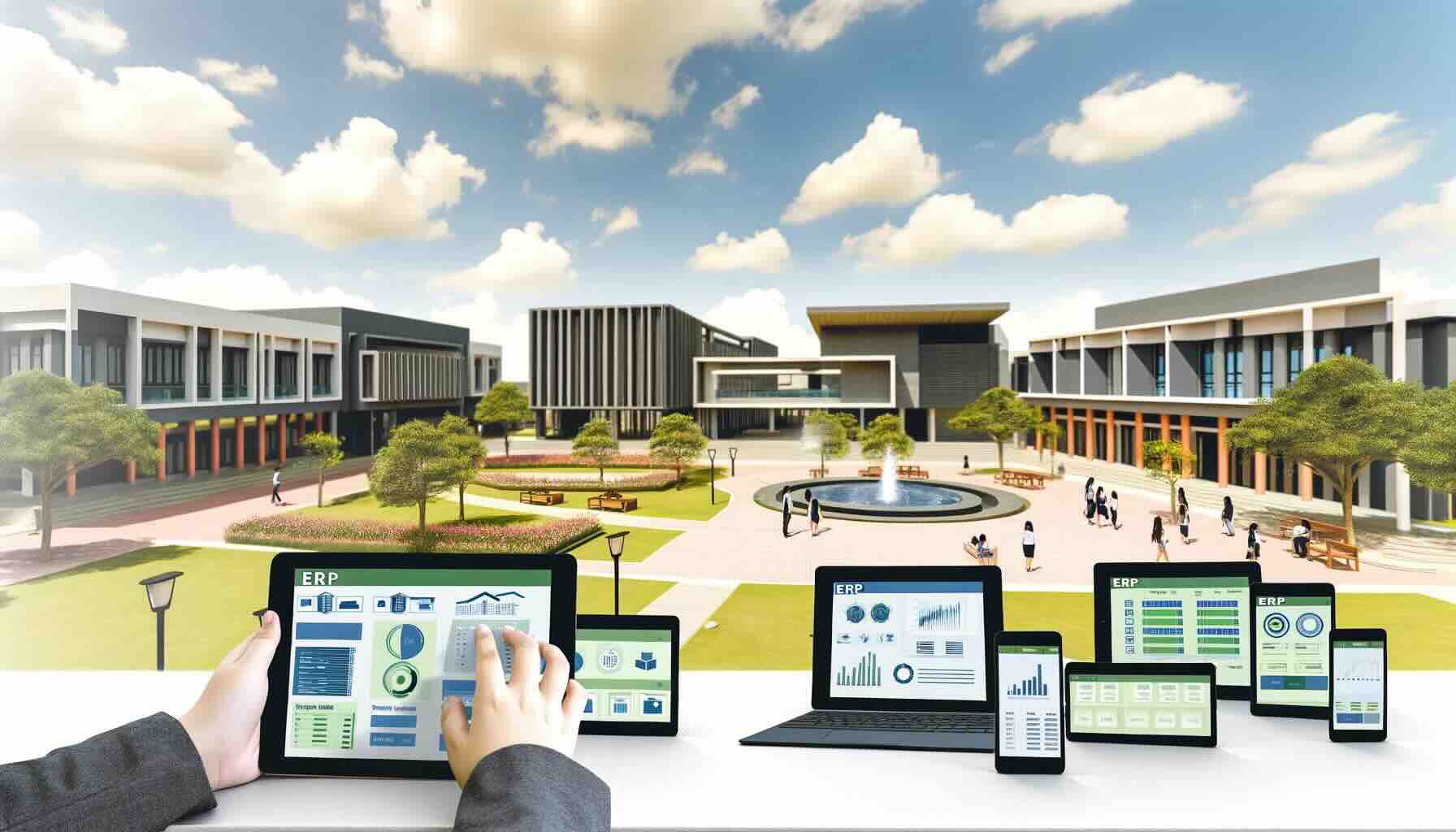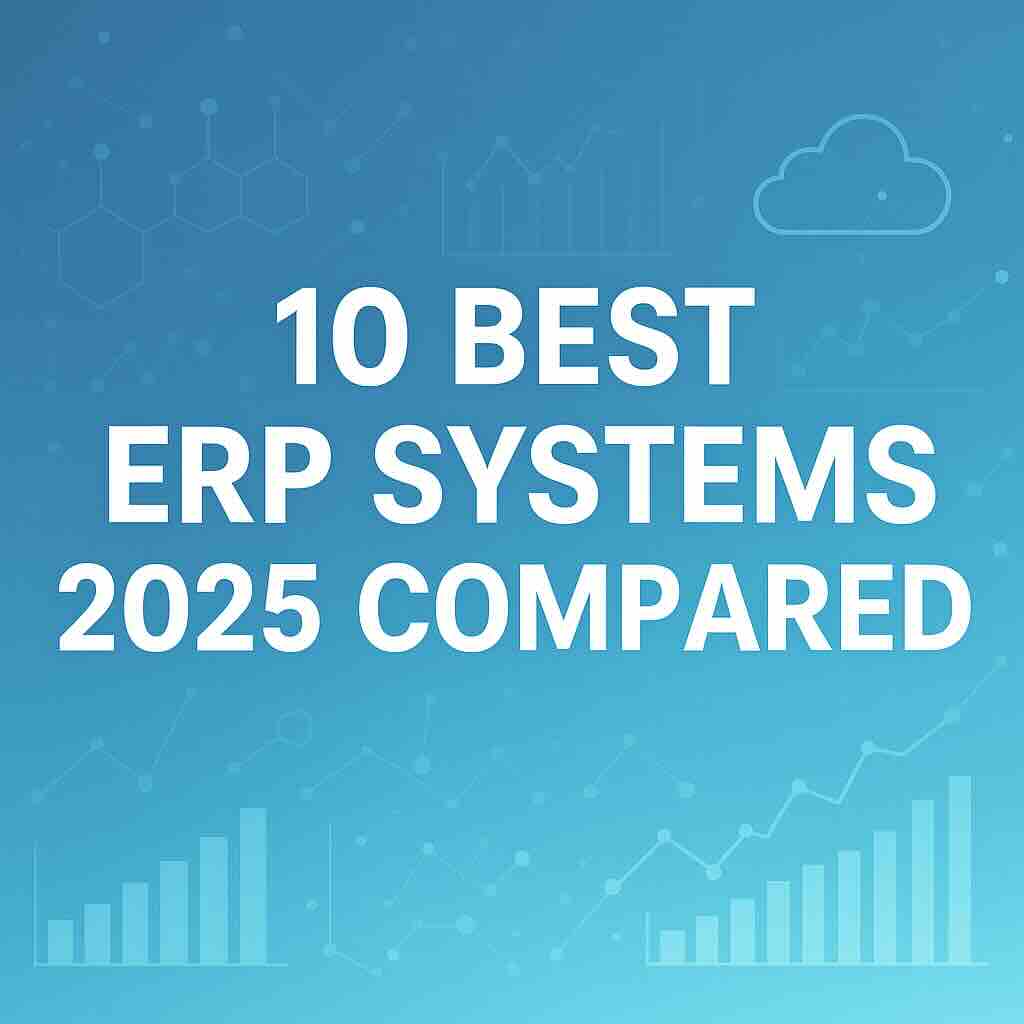Is Infor the Right ERP Solution for Government Organizations?

When it comes to selecting enterprise resource planning (ERP) solutions for government organizations, making the right choice is crucial. Government entities face unique challenges: stringent regulatory requirements, transparency demands, budget constraints, and the need for robust, scalable systems that can handle complex processes. Infor, a leading provider of cloud-based software solutions, has increasingly become a popular choice for government bodies. But is Infor for government truly a good fit? In this article, we’ll explore the features, benefits, and challenges of adopting Infor as an ERP solution for government entities.
What is Infor?
Infor is a global enterprise software company that provides cloud-based solutions specifically tailored for various industries. It offers ERP systems designed to streamline operations, improve efficiency, and provide real-time data insights. Infor CloudSuite, the company’s cloud-based platform, covers various sectors including healthcare, manufacturing, and public services like government.
The Infor for government solution suite, known as Infor Public Sector, offers a range of features targeted at addressing the specific needs of local, state, and national government bodies. It is designed to handle functions such as finance, human resources, procurement, citizen engagement, and regulatory compliance, making it a comprehensive ERP option for government entities.
Key Features of Infor for Government
Infor’s suite of solutions is built with modern cloud-based technologies and offers several key features that align with government needs:
1. Cloud-Based Infrastructure
Infor offers a cloud-first approach, which enables governments to adopt a scalable and flexible ERP solution without the burden of maintaining on-premises hardware. With cloud infrastructure, updates and maintenance can be managed more seamlessly, reducing downtime and resource strain on IT departments.
2. Regulatory Compliance
Governments operate under strict regulations, and Infor’s public sector solutions are designed with compliance in mind. The system helps ensure that financial and operational processes meet local, state, and federal laws, including auditing and reporting requirements. This reduces the risk of non-compliance, which could result in financial penalties or reputational damage.
3. Data Transparency and Reporting
Infor offers comprehensive data management capabilities, enabling governments to generate detailed reports and maintain transparency. This is critical for ensuring accountability to the public and meeting legislative requirements for financial reporting, particularly in areas like budgeting, spending, and procurement.
4. Citizen Engagement Tools
Modern governments must keep citizens informed and engaged. Infor provides tools that allow government bodies to communicate more effectively with the public. Through features like citizen portals and online services, agencies can enhance their responsiveness, making it easier for citizens to access government services and provide feedback.
5. Integrated Human Capital Management (HCM)
Human resource management is another area where Infor shines. Governments often manage large, diverse workforces, and Infor HCM allows for efficient management of employees. From recruitment and onboarding to payroll and benefits management, the HCM module is designed to streamline human capital processes while ensuring compliance with labor laws and regulations.
6. Advanced Analytics
Infor integrates advanced data analytics tools that provide real-time insights, helping governments make informed decisions. By utilizing predictive analytics and AI-driven insights, governments can anticipate trends, allocate resources more efficiently, and optimize their services.
7. Financial Management
Infor’s financial management capabilities are designed to help governments manage their budgets, streamline procurement, and reduce waste. Through tools that provide visibility into spending patterns and financial forecasts, governments can make more informed budgeting decisions.
Benefits of Infor for Government
1. Scalability and Flexibility
Infor’s cloud-based architecture offers the scalability needed by government bodies of all sizes, from small municipalities to large federal agencies. As government operations grow or change, Infor can adapt to meet evolving demands without the need for expensive infrastructure upgrades.
2. Cost Efficiency
By leveraging the cloud, governments can reduce the capital expenditures associated with maintaining physical IT infrastructure. Moreover, Infor’s integrated platform helps reduce redundancy across various departments, eliminating the need for multiple disjointed systems. This results in long-term cost savings.
3. Improved Citizen Services
Infor’s focus on citizen engagement allows governments to provide better services to their constituents. Whether through enhanced online portals or streamlined service delivery, citizens can access government services more easily, fostering greater trust and satisfaction with public institutions.
4. Increased Collaboration
Infor’s ERP system is designed to break down silos within government departments, promoting collaboration and information sharing. This results in better communication and a more coordinated approach to government operations, helping agencies work together more effectively.
Challenges and Considerations
While Infor offers many benefits, it is important to acknowledge potential challenges:
1. Transitioning to Cloud
Migrating from legacy systems to a cloud-based ERP like Infor can be challenging for government bodies with long-standing, on-premises systems. The transition may require significant investment in training, data migration, and change management efforts.
2. Customization Needs
Governments often have unique processes or regulatory requirements that may not be fully met by an out-of-the-box solution. Infor offers a range of customization options, but these may add to implementation costs and time. Governments must assess whether Infor’s level of customization will meet their specific needs.
3. Security Concerns
Government entities handle sensitive data, and security is a top priority. While Infor provides robust security measures, including encryption and multi-layered access control, the cloud-based nature of the platform may raise concerns for those accustomed to on-premises solutions. Governments need to carefully evaluate Infor’s security protocols to ensure they align with their own stringent requirements.
Conclusion
Infor is a strong contender for government entities looking for a modern, cloud-based ERP solution. Its suite of tools is well-suited to meet the complex needs of government operations, offering benefits such as scalability, cost savings, improved citizen engagement, and enhanced transparency. However, the transition to such a system is not without its challenges, particularly regarding cloud migration and customization needs.
Ultimately, whether Infor is a good choice for government depends on the specific requirements of the organization. For governments seeking to modernize their operations and leverage the power of data and the cloud, Infor provides a comprehensive solution that can drive long-term improvements in efficiency, transparency, and public service delivery. Click this link to find out more about Infor.
To compare Infor with 100s of other ERP solutions, you can use our new AI-powered Compare ERP tool. It’s free to use and you get a guaranteed discount on your first year’s licence fees with a referral from Compare ERP.









